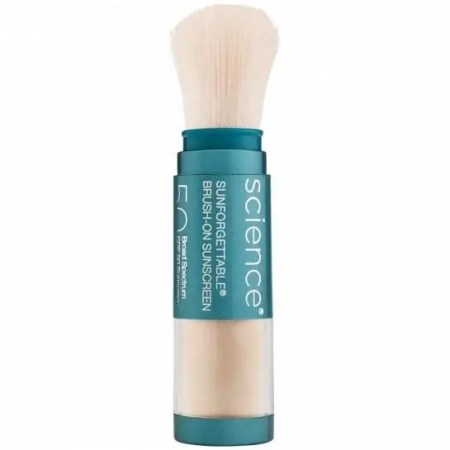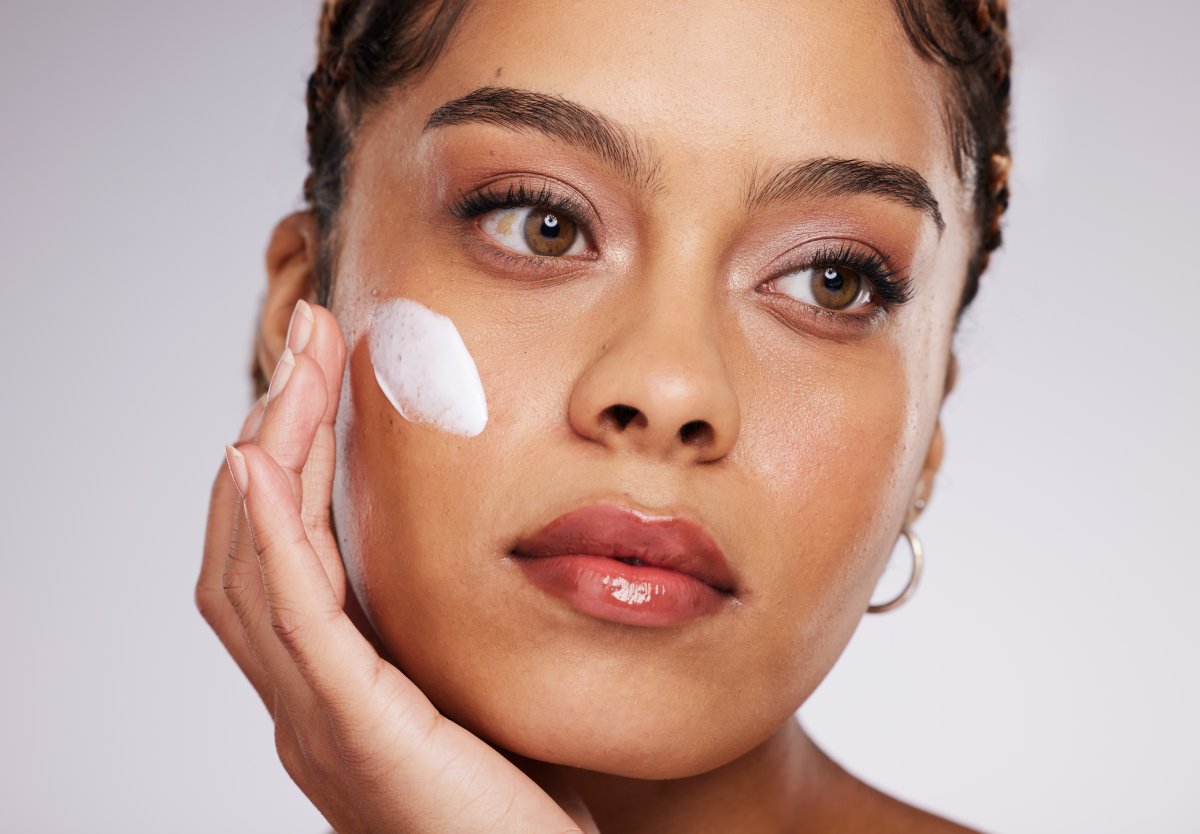The Curator independently decides what topics and products we feature. When you purchase an item through our links, we may earn a commission. Promotions and products are subject to availability and retailer terms.
How often do you wear sunscreen in the wintertime? If the answer is not daily, then you’re skipping the number one skincare habit shown to slow down the signs of aging.

With overcast days in the winter, putting on sunscreen is not top of mind for many people. The risk of getting a sunburn is lower and the lack of sunny days misleads people to think they aren’t being exposed to UV rays. But UV exposure is year-round and in winter, UV rays penetrate through the clouds and reflect off the snow and ice – yes, sun damage can occur during the winter months, too. The sun’s UV rays affect the breakdown of collagen and elastin in the skin, which can lead to the appearance of brown spots, discolouration, fine lines, wrinkles, and visible blood vessels more quickly over time.
Dr. Renita Ahluwalia, Medical and Cosmetic Dermatology Lecturer at the University of Toronto and Lead Dermatologist at the Canadian Dermatology and Plastic Surgery Centre says that people often ask her about what dermatological procedures they can do to help with anti-aging. But if they are not wearing sunscreen every day, then they’re not going to get the results they want, she says.
In one study with 298 Caucasian women, UV exposure seemed to be responsible for 80% of visible facial aging. Other research shows that darker skin may be less susceptible to photoaging, but there’s a higher risk of being diagnosed with late-stage melanoma. Wearing sunscreen is the easiest way to prevent damage caused by UV rays. It should be so ingrained in your skincare routine that you should feel naked without it, Ahluwalia says.
Some opponents of sunscreen cite how wearing sunscreen can diminish the intake of vitamin D, an important vitamin for calcium absorption and mood regulation, which may be needed more in the winter. The solution: take vitamin D in supplementation form, says Ahluwalia.

In the wintertime, applying sunscreen can be done quickly as you only need to wear it on areas of your skin that are exposed like the face and hands. Ahluwalia advises incorporating sunscreen into your morning skincare routine – cleansing your face first, then applying an antioxidant serum, followed by a moisturizer, then the sunscreen (and then makeup, if wearing).
When applying sunscreen, use an amount of two whole fingers in length of sunscreen on your face, neck and the areas around and on your ears. Look for products that are a minimum of SPF 30 – although SPF 50 is ideal, says Ahluwalia.

Along with sun exposure, lights from electronic devices may also cause oxidative damage that can further increase the risk of discolouration of the skin. Reduced electronic use may not always be feasible, so wearing sunscreen with a visible light filter can help decrease the potential harmful effects. The tinted sunscreens have a pigment called iron oxide, which is a visible light filter and adds another layer of protection, Ahluwalia says.

Sunscreen should be applied 20 to 30 minutes before sun exposure and reapplied throughout the day if there’s continuous exposure or sweating from outdoor activities. For reapplication of sunscreen, Ahluwalia likes using a powdered sunscreen brush. Sunscreen sticks are also a great option to help reapply sunscreen in key areas, she says. The most important thing is to choose the products that you can easily incorporate into your daily lifestyle so the habit becomes seamless.





Comments